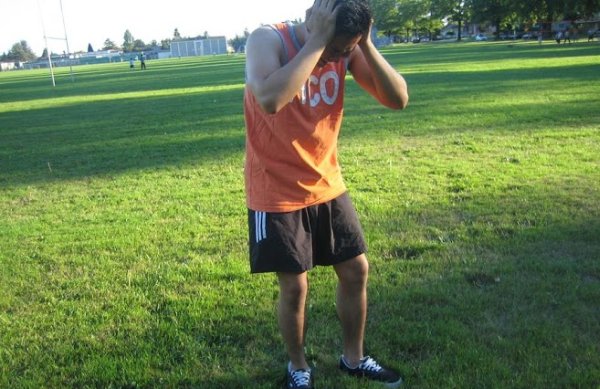For the adventure lovers who go hiking, trekking and skiing do at times develop a condition known as acute mountain sickness, also known as altitude sickness. This condition is mostly developed at high altitudes of 2,400 meters above sea level. The condition normally displays symptoms in the likes of nausea, dizziness, headaches and shortness of breath. In most cases, the altitude sicknesses are mild ones that get to fade fast on their own. However, there are severe cases of mountain sickness that can cause complications to the lungs and brains.
Causes of altitude sickness.
At high altitudes, oxygen is in short supply, and air pressure is equally decreased. When one scales these great heights by air travel, hiking or skiing, he might not get enough time to adjust to the changes. This then results to the altitude sickness. If one gets to these heights at a fast pace, he stands chances of getting acute altitude sickness.
If one is not used to the high altitudes, he or she stands higher chances of getting altitude sickness. This is common with people who live in places closer to the sea and the sea level. Other causative factors include;
- Fast ascent to high altitudes.
- Physical exertion when scaling the high altitudes.
- Anemia.
- Traveling high altitudes.
- History of altitude sickness
- Heart or lung condition.
Symptoms of altitude sickness.
The symptoms of altitude sickness are always evident in hours of one getting to the high altitudes. The symptoms also vary according to the extent of the situation. Mild altitude sicknesses may indicate;
- Muscle aches
- Dizziness
- Headaches
- Insomnia
- Nausea
- Vomiting
- Irritability
- Loss of appetite
- Shortness of breath
- Rapid heartbeat.
With the acute altitude sickness, one should anticipate more intense symptoms. These get to affect the heart, lungs, muscles and the brain. The brain may swell, causing signs of confusion in an individual. Fluids may also develop in the lungs hence the shortness of breath. Other symptoms of severe altitude sickness include;
- Chest congestion
- Coughing
- Social withdrawal.
- Skin discoloration.
- Lack of balance.
Altitude sickness is easier to handle if treated before it progresses into more complications. This is why one needs to seek medical attention as soon as possible.
Treatment of altitude sickness.
At the doctors’, one will have to explain into details the experience that he is going through. The symptoms as well as travel history will be very important to the doctor so that they can diagnose the condition effectively. The lungs will be checked for liquids and in some cases, x-rays recommended. Depending on the severity of the case, altitude sickness could be treated using different kinds of ways. A simple return to lower altitudes can go a long way in saving someone from this condition and even possible demise. In severe cases, hospitalization may be required. Breathing problems can be solved through the administration of oxygen to the victim.
[youtube url=”http://www.youtube.com/watch?v=e4lluhKYjkg” width=”200″ height=”220″]Medications may include;
- Inhalers.
- Blood pressure medication
- Aspirin for headaches.
- Acetazolamide to help with the breathing problems.
- Dexamethasone for the brain swelling.
Some basic treatment measures for the mild cases of altitude sickness include;
- Reduction of activity level.
- Returning to lower altitudes.
- Drinking water for hydration.
- Resting before moving to higher altitudes.

Looking for a standard first aid/cpr course for 2 people
Wondering when the soonest available course comes up